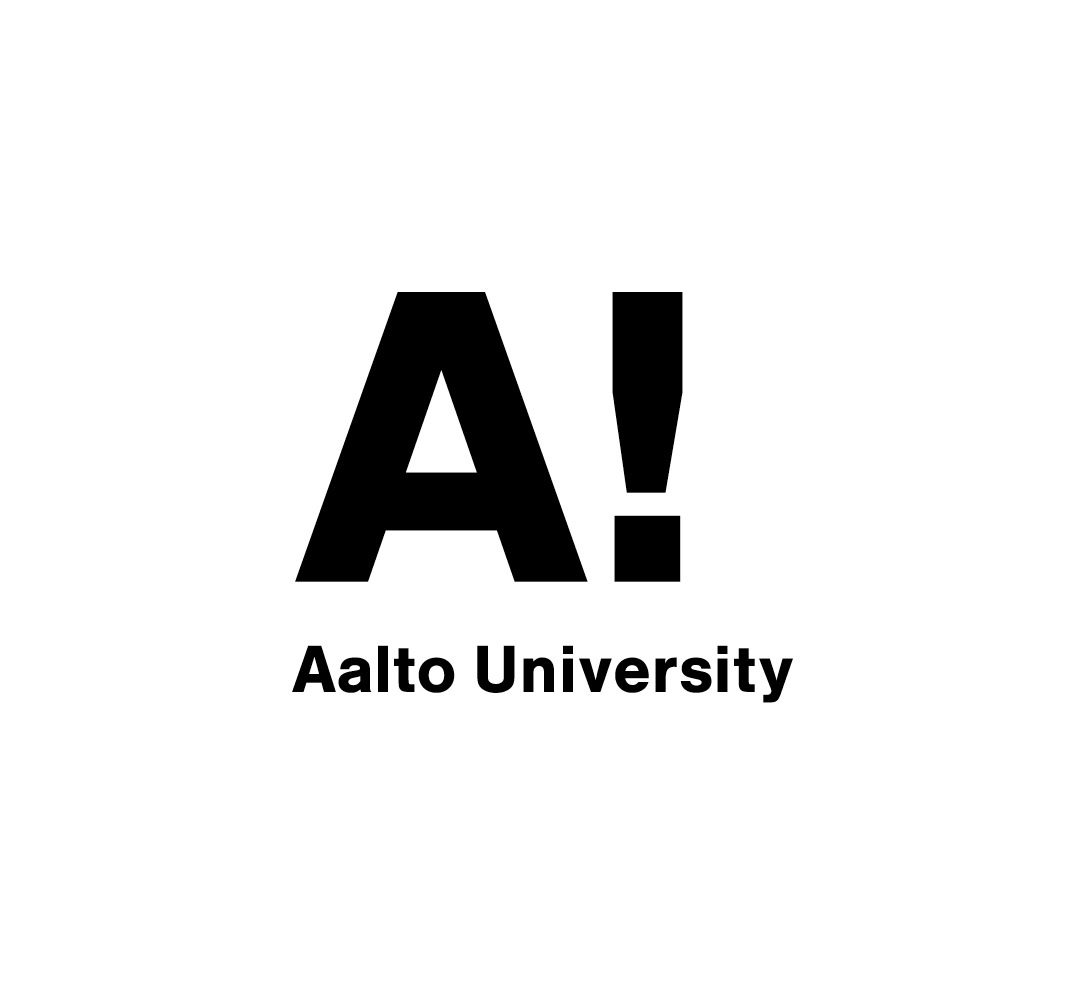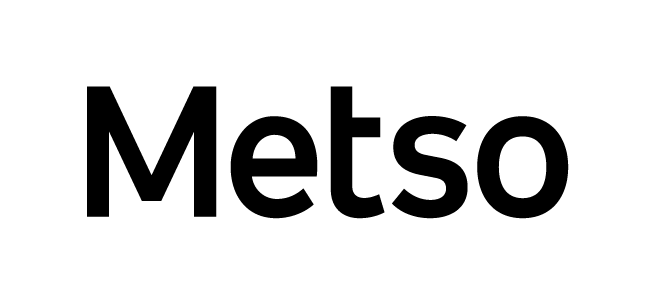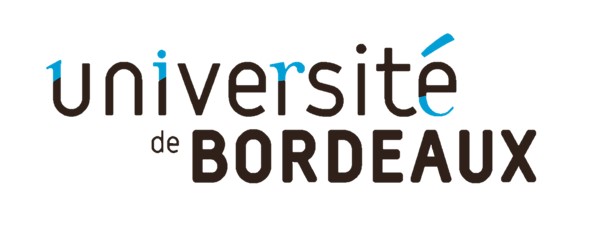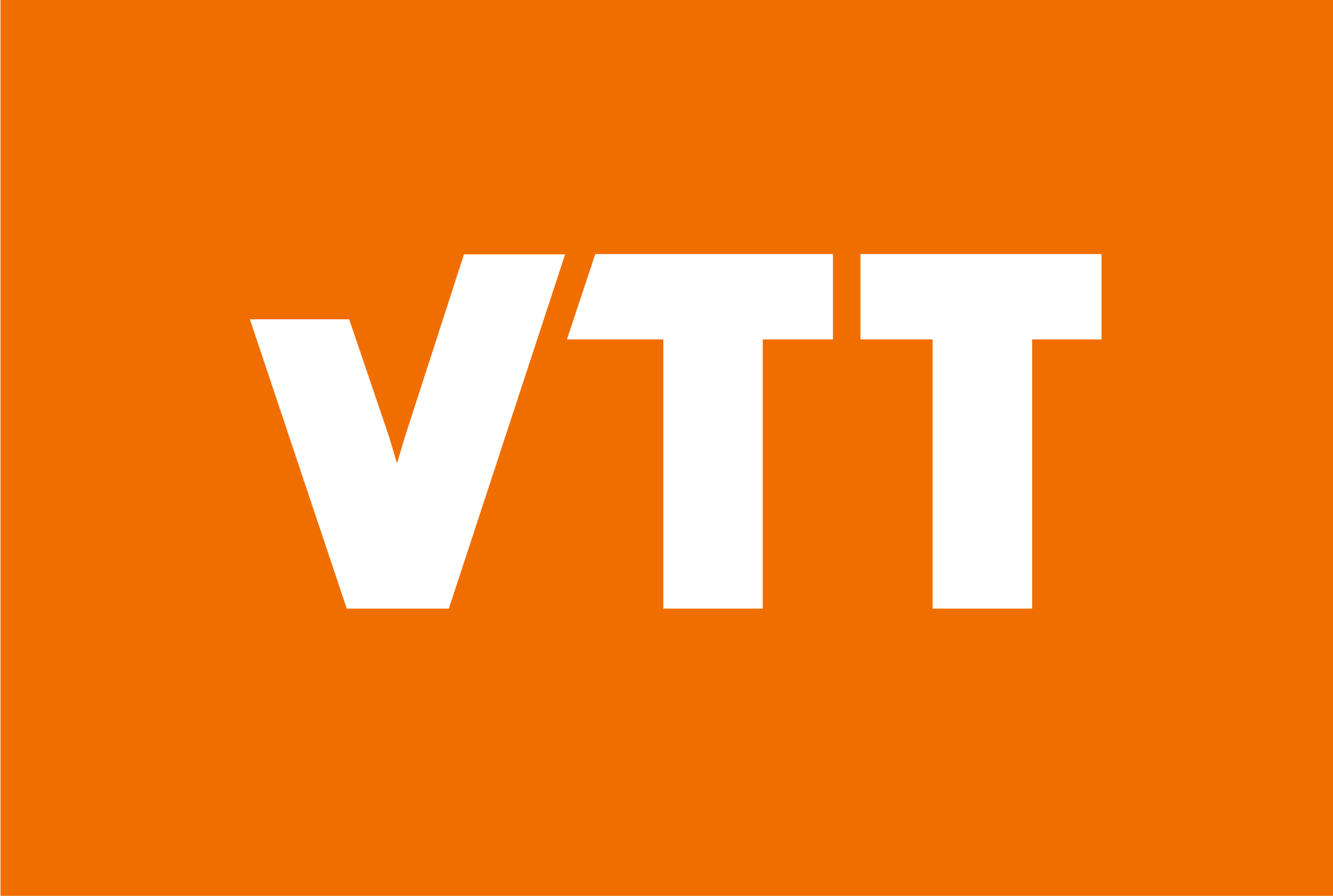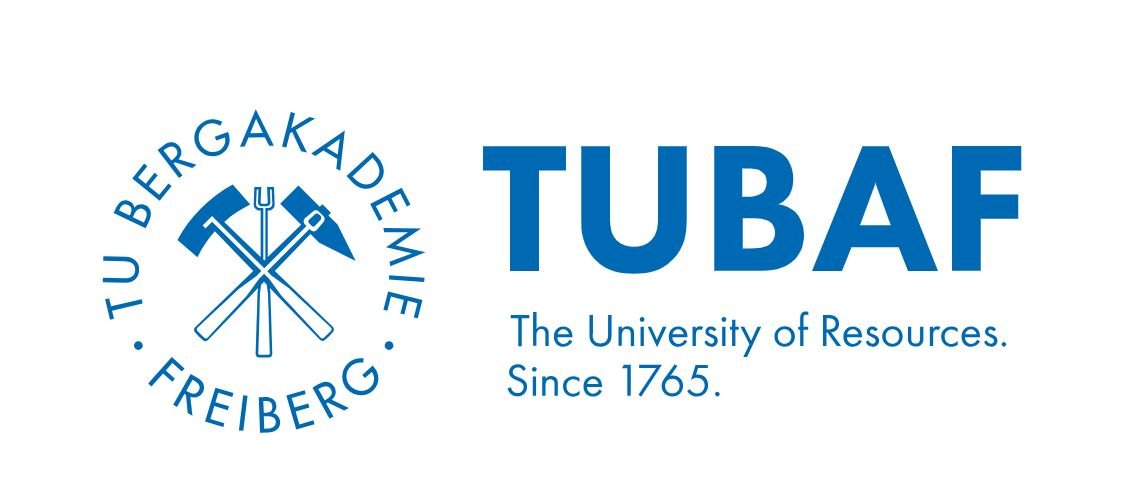Articles
"As An Industry, We Must Become More Transparent about Our Environmental Impact"
Heidi Hammarsten
This upskilling program in low-temperature thermodynamics focuses on water solution chemistry and water footprint, as well as high-temperature thermodynamics in pyrometallurgy and inorganic process chemistry.
Throughout this study module, participants will be immersed in cutting-edge insights sourced from both academic research and industrial expertise. Participants may choose to complete this program as a standalone or join the Certificate in Advanced LCA Simulation that this program is a part of.
After the completion of this study module, the participant will have obtained calculation skills in the following:
This program is designed for engineering, chemistry, and geology professionals working on process and product design, consultant enterprises, and authorities in public administration in the EU.
Their work can consist of, e.g., process or product design, R&D, or production of HSE (health, safety, and environment). The program is targeted at the process industry and the battery and electronic equipment manufacturing industries.
Prerequisites: Participants should have a basic understanding of metallurgy, materials science, or chemistry. Familiarity with mass and energy balances, unit operations, unit processes, chemical reactions, material science, and sustainability is beneficial but not required.
This study module consists of live online sessions focusing on different topics. Between sessions, participants will study additional materials that help them apply the learning.
The program was originally designed and developed by Aalto University, Metso, TU Bergakademie Freiberg, University of Bordeaux, Wroclaw University of Science and Technology, Technical Research Centre of Finland Ltd. VTT and Aalto University Executive Education.
The program supports the EU’s sustainable products initiative to make products placed on the EU market more sustainable. It provides product designers with knowledge and tools to understand how they can adjust existing material cycles and design new processes to optimize the environmental performance of batteries while maintaining their functional quality. Applications include electronic equipment such as computers, phones, and tablets, the automotive and aeronautic sectors, and sustainable energy-related technologies.
